Whilst influencer marketing isn’t a new concept, it is one that has grown in popularity over the past few years. Just a decade ago, influencer marketing was mostly limited to dedicated bloggers and celebrities, mainly due to social media being less popular than it is today. Now, the number of social media influencers increases daily.
The use of influencers and influencer marketing differs and for many brands, there is conflicting advice as to whether influencer marketing is the right choice for a number of different industries. And if they need more convincing, influencer marketing statistics show that every business that spends $1 on an influencer, earns back $5.20. Creating an influencer marketing strategy can be tricky to navigate, but when it works, it can bring heaps of benefits and, more importantly, increased revenue.
Whilst traditional advertising methods can get your brand message in front of a larger audience, influencer marketing uses a captive audience and data to tailor your key message to a smaller pool of consumers, who are much more likely to buy your products. Influencer marketing profits from posts that are put out to audiences by accounts, or influencers, that they trust and who align with their own interests and ambitions. This means that they are then much more likely to engage with and connect with the content and create a positive association with the product/s that are shown.
Influencer marketing is usually far more effective than advertising as we are now more likely to engage with content on social media if it is coming from someone who we have actively chosen to be present in our feed. With this in mind, here are 5 reasons why influencer marketing is effective for brands.
Influencer Marketing Is Less Disruptive
When browsing social media, if an ad pops up in our feeds without choosing to see it, this can then create negative emotions towards the brand, especially if the ads are persistent and occur over a number of days. Ads can be highly disruptive to our online browsing experience, whether it’s full-screen ads that block our view, poor quality side-bar content, or timed ads that disappear after 30 seconds.
In many cases, ads such as these cause users to click away from the content that they were originally browsing and engaging with. This frustration with ads isn’t uncommon, with around 47% of people having ad blockers on their browsers and devices, but with influencer marketing, people are less likely to be bothered by seeing paid content. As we have willingly chosen to interact with the influencer and are interested in seeing their posts, then seeing paid or sponsored content is unlikely to cause offense.
Influencer Marketing Reflects The Current Marketing Landscape
Standing out as an influencer on Instagram was much easier in 2014 than it is now. Back then, if you had a relatively good following, featured on the Instagram “Featured” page, or just had a distinctive enough look, then your chances of being regarded as an influencer were much higher. By gaining enough brand partnerships, some influencers can turn social media influence into a full-time career.
The clue is in the name, but we are influenced by what we see online, even if we believe ourselves not to be. In the early days of social media, a lot of brands and influencers relied heavily on perfectly arranged displays including their products, or stunning photoshoots of influencers wearing clothes or accessories. Influencers then were mostly young females that had pleasing “grid” aesthetics, but this has changed over time. Influencers now can be anyone from 18 up to 80 – as long as they have a dedicated following and a niche, then they will appeal to brands. It’s important to remember that in influencer marketing, the only constant thing is change and this is something that brands are well aware of.
Strengthen Your Brand Goals and Messaging
One of the most common reasons for brands choosing to use influencer marketing is to strengthen and elevate their brand awareness, thus increasing sales. Before using influencers, it is important for brands to hone in on their specific needs. Whether they want to increase customer demographics or expand into new markets with an upcoming product, influencers have the ability to reach specific, niche audiences and instead of brands relying solely on their own followers that may have a small interest percentage, influencers can instead ensure that branded content reaches a very targeted audience.
Many influencer marketing platforms simplify the process of finding the right influencer for the brand by creating platforms that allow businesses to filter all requirements and meet the most relevant influencers for their brand. For having a successful influencer marketing campaign, besides finding a new ambassador for your brand, it is important to pay attention to influencer marketing revenue tracking as it will show the whole picture of the campaign and help you measure the KPIs. The main KPIs that are used to measure the campaign’s performance are clicks, new followers, likes, reaches, etc.
For example, mum bloggers have become a large Instagram demographic in recent years and brands have caught onto this. New baby or toddler products that come to market, which have very particular USPs such as eco-friendly bamboo washcloths or mess-free bibs, are picked up by influencers who then display these products to their trusting following base.
Content Creation Is Easier With Influencer Marketing
When brands partner with influencers, it’s up to them to create the branded content, often following a brief from the brand, and, when making an ad, it is up to the brand’s creative team to come up with the brief and get all the content they need for the ad campaign. Working with influencers can save a brand time and money in this regard as it is likely that the influencer is already familiar with what it is their audience responds to. Brands are beginning to gain more access to this knowledge and get valuable insights and expertise, without really having to put hours of work in and don’t need to create a campaign from scratch.
What’s more, brands and influencers are also getting increased ROI, more valuable analytics, and better customer experience, which all contribute to longer-lasting results. Brands need to ensure that they have the right tools to connect with and search for influencers who will be the perfect fit for their brand and allow them to reach their target audience and increase the likelihood of their campaign success.
Expanding The ‘Like, Know, Trust’ Factor
When social users see the word “paid” or “sponsored” at the top of a social media post, even if the post is relevant to them, then they are much less likely to engage with the content, simply because the influencer has been paid to share it. However, in contrast, if the influencer already engages and follows posts about a new product or is already engaged with the brand, then other social media users are more likely to pay attention and read their posts.
They are then primed to trust the influencer and their opinion, simply because they are already familiar with the influencer’s tastes and are already following them, so are primed to see their content. Around 71% of marketers believe that the quality of customers, traffic and leads gained from influencer marketing is far more premium than any other marketing source. In many ways, influencer marketing offers brands the opportunity to create word-of-mouth marketing, but on a much larger scale.
Conclusion
Social media influencers are likely to be here to stay but the world of influencer marketing is likely to look and operate much differently in the future. Whilst there are some very large considerations to take into account when it comes to influencer marketing, setting up and establishing influencer campaigns are very similar to other marketing strategies, from research, budgets, and determining goals.
Whilst influencers come with heaps of benefits, unlike most other marketing strategies, they require huge levels of trust. Influencers are often required to sign contracts and be mindful of the brand’s reputation at all times, brands must also be respectful in return. With this being said, once a partnership is established and in place, it is likely to be one that is bountiful for both sides.
Suggested:
Here’s What You Need To Learn About Instagram Marketing If You Are A Social Media Influencer.
Ultimate Guide On TikTok Influencers.
Like this:
Like Loading...





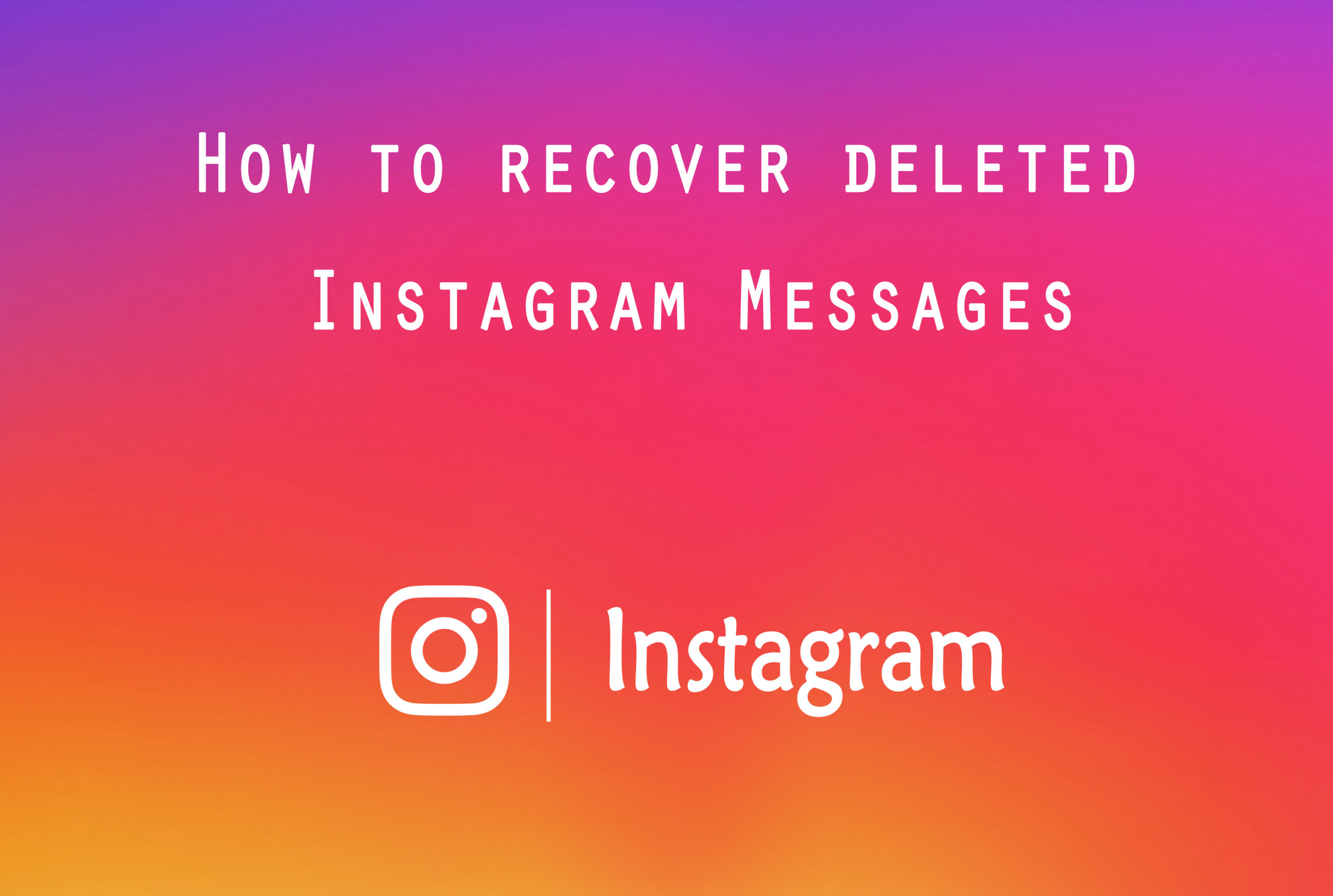

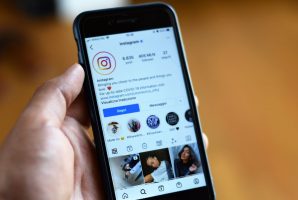
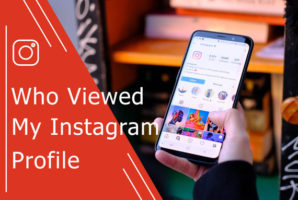
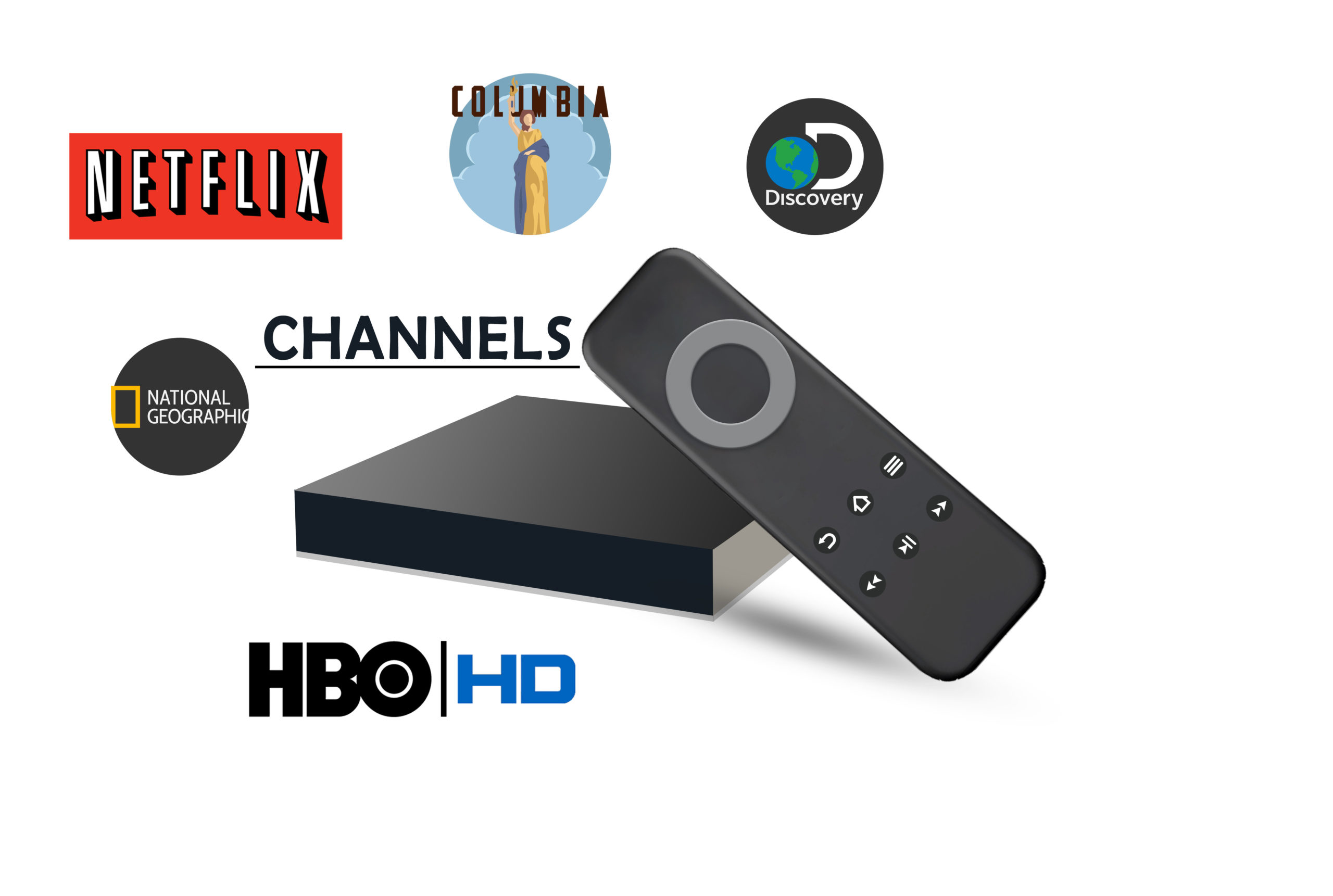
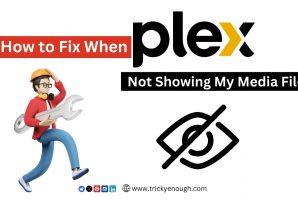

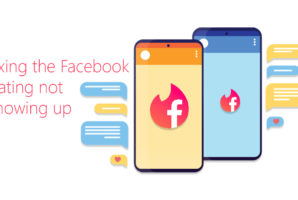
 Why do New Businesses need to Hire a Website Designing Company?
Why do New Businesses need to Hire a Website Designing Company?
Glad to visit your blog. Thanks for great post that you share to us…
Thanks for sharing this useful information! Hope that you will continue with the kind of stuff you are doing.
Always so interesting to visit your site.What a great info, thank you for sharing. this will help me so much in my learning
going with influencers for you business is not only effective but cheapest way to reach a large crowd of people audience
with so many influencers out there you need to be keen and choose the right one and everything after that is easy
I Had not Read your Previous Blog. But by reading this Blog, I believe if one can follow 50 per cent of this Blog then his or her Brand will definitely get success.